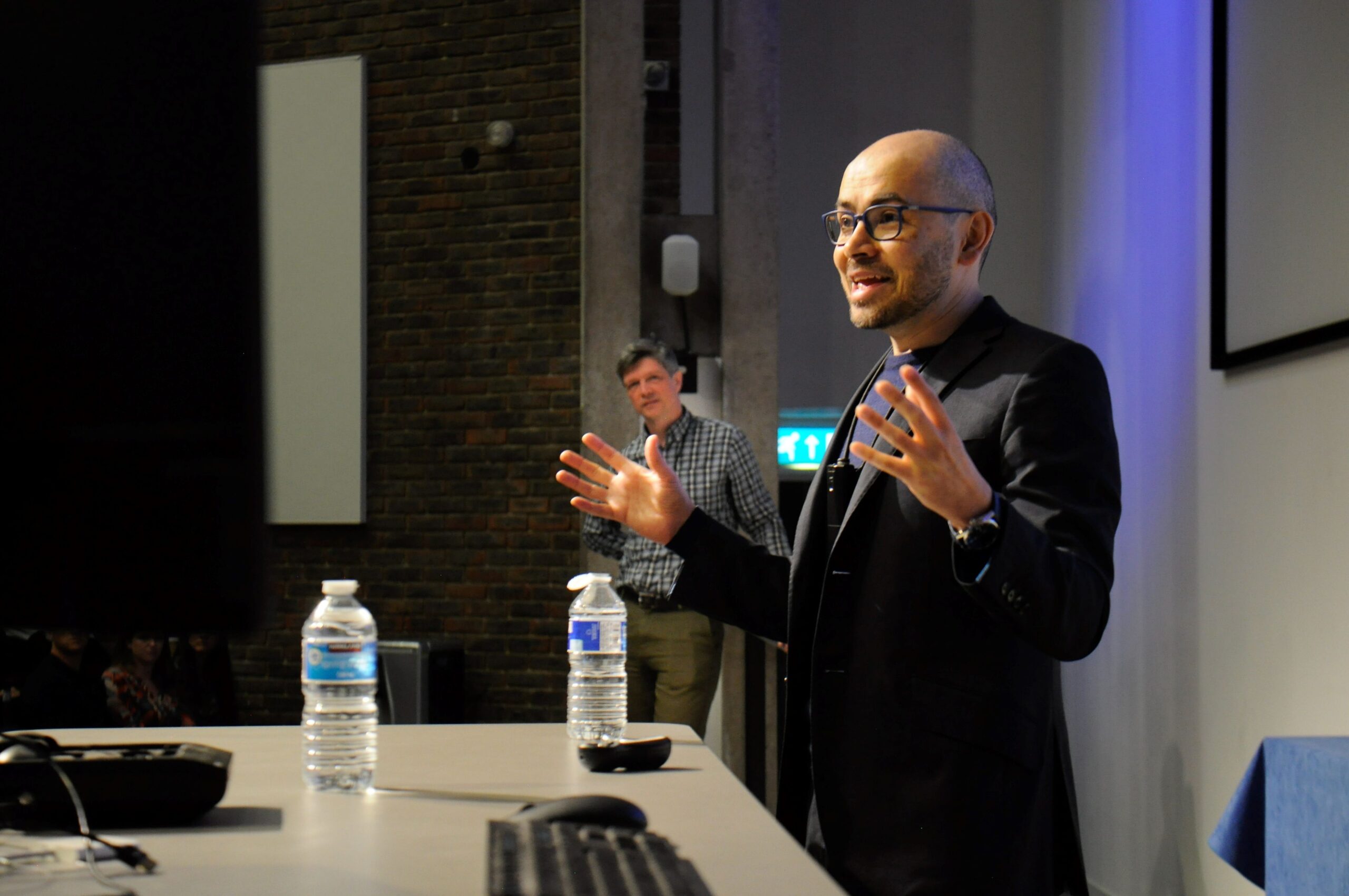Sir Demis Hassabis, a Nobel laureate and Cambridge University alumnus, ushers in a new era of AI-driven drug discovery at unprecedented digital speed

The Impact of AI Advancements: Insights from Demis Hassabis
Recognition of Achievements
Last year, Demis Hassabis, co-founder and CEO of Google DeepMind, was awarded the Nobel Prize in Chemistry alongside his team for groundbreaking developments made with AlphaFold2. This innovative tool has significantly advanced our understanding of biological structures, which are fundamental to various life forms on Earth. Hassabis highlighted that these discoveries pave the way for new research opportunities across diverse disciplines, such as climate science, agriculture, healthcare, and drug discovery.
The Mission of DeepMind
Hassabis emphasized the importance of responsible AI development through DeepMind’s mission. The focus has always been on creating AI systems that can benefit humanity. Initially, he described their vision in two stages: first, develop Artificial Intelligence, and second, leverage that technology to tackle global challenges. Over the past 15 years, DeepMind has made progress not only in gaming but also in scientific research, aiming to make complex problems more manageable.
- Complex Problem-Solving: DeepMind’s approach involves creating neural networks that help efficiently search for optimal solutions to multifaceted issues, much like searching for a needle in a haystack.
Broad Applications of AI
Hassabis believes that AI has the potential to transform nearly every field, hinting at significant advancements in the next 5 to 10 years. He referred to ongoing projects that aim to enhance AI’s understanding of real-world physics. Among these are:
- Veo 2: A cutting-edge video generation tool that produces videos based on text descriptions.
- Genie 2: A technology capable of generating computer games from a simple prompt.
These projects represent the growing capabilities of AI to interpret and generate diverse types of content.
Ensuring AI Safety
As AI technologies evolve, ensuring their safety becomes increasingly crucial. DeepMind has initiated measures to address this, such as the SynthID tool, which adds an invisible watermark to AI-generated content. This technology helps distinguish between authentic and machine-generated images, audio, text, or videos. Hassabis pointed out that understanding the societal implications of AI is vital, given its impact on issues like health and climate change.
Future Innovations: Project Astra
Looking ahead, Hassabis expressed enthusiasm for the next generation of virtual assistant technologies, specifically through Project Astra. This research prototype aims to create an AI assistant that can understand and interact with the real world more effectively. Some features of this universal assistant include:
- Mobile and Wearable Integration: It could be available on devices like smartphones or even smart glasses, designed to assist users in their daily lives.
Hassabis also mentioned the development of planning systems akin to those seen in AlphaGo, built atop world models like Google Gemini. These advancements will facilitate the planning and execution of tasks in the real world, particularly in robotics, an area expected to see rapid progress in the next two to three years.
Exploring Traditional Computing Boundaries
In closing, Hassabis articulated his conviction that classical computing might be capable of more than currently assumed. He raised intriguing points regarding quantum systems and protein folding, traditionally thought to require quantum computing for solving. The success of AlphaFold in approximating protein structures with classical neural networks could reshape our understanding of both computing limits and quantum mechanics.
- Implications for Physics: If classical algorithms can uncover patterns found in nature, it could have profound implications for our understanding of the universe and fundamental physics.
Hassabis’s journey in AI has always been guided by the belief that achieving Artificial General Intelligence (AGI) could ultimately serve as a tool to deepen our understanding of the universe and our place within it.






